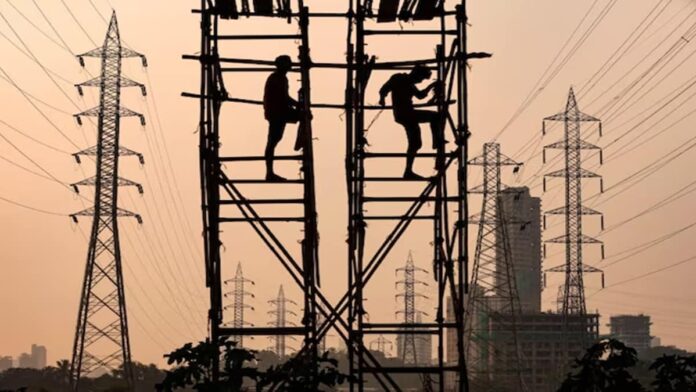The government has identified five state-owned power generation and transmission companies for listing on the stock exchanges to enable them to meet the investment requirements for augmenting capacity.
Andhra Pradesh Power Generation Corporation and Gujarat Energy Transmission Corporation are among the five companies that are in the process of appointing merchant bankers, power secretary Pankaj Agarwal told FE.
Additionally, the government is considering facilitating privatisation of the state-owned discoms which cannot easily increase tariffs but face rising power-purchase costs, high transmission and distribution losses, and delays in payment from customers. In a recently-held regional meeting, states have urged the Centre for support in privatisation of distribution utilities to enhance service delivery to consumers and improve efficiency.
The secretary said the government has formed a group of ministers to look into the issues surrounding the discoms’ financial viability but denied any possibility of a financial bailout.
The listing option is also open for some discoms. But for that, their accumulated losses have to be reduced, the secretary said. As per data provided by the government, the accumulated losses of the country’s discoms stood at `6.92 lakh crore as of 2023-24. The total debt at these companies at FY24 end stood at `7.53 lakh crore.
While the subsidy payment to discoms has improved from states and there has been a reduction in the gap between average cost of supply (ACS) and the average revenue realised (ARR) to `0.19 per kWh in 2023-24 from `0.45 in 2022-23, there is still some gap in government dues to the discoms. As of January 2025, the ACS-ARR gap has reduced to `0.10 per kWh.
Finances of discoms can be improved through a mix of measures such as graded tariff hikes, reduction in AT&C losses and optimisation of the power purchase cost, analysts say.
Icra in a report had highlighted that while coal prices have moderated from the peak in FY23, short-term tariffs remain elevated, maintaining upward pressure on power purchase costs for discoms. “Amidst this, the discoms’ ability to optimise power procurement through higher sourcing of cheaper renewable power along with storage and reducing dependence on costlier sources remains important,” it had said.
The performance of state-owned discoms remains constrained by inadequate tariffs relative to the cost of supply, higher-than-regulator-approved AT&C losses and a considerable debt burden.
» Read More


